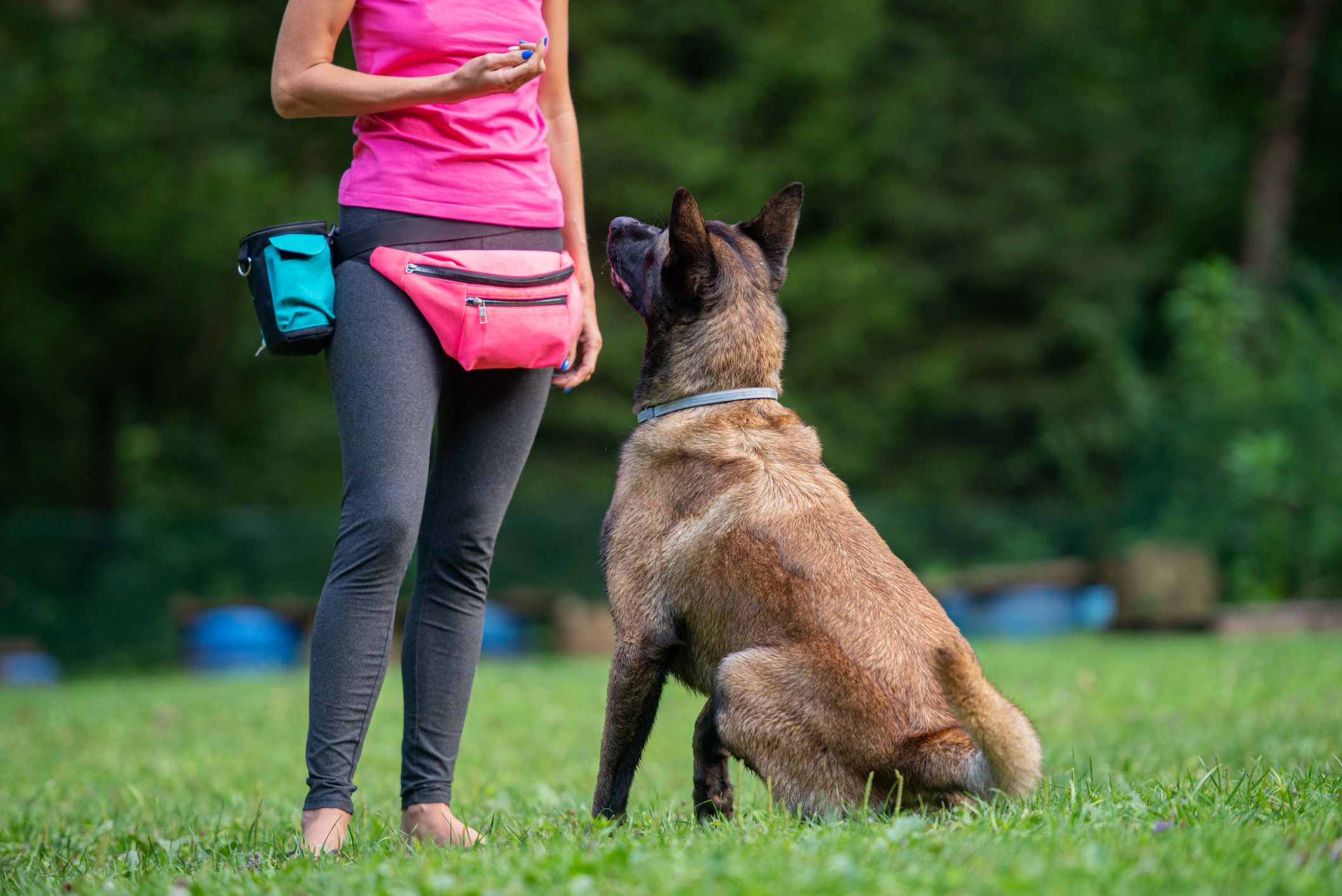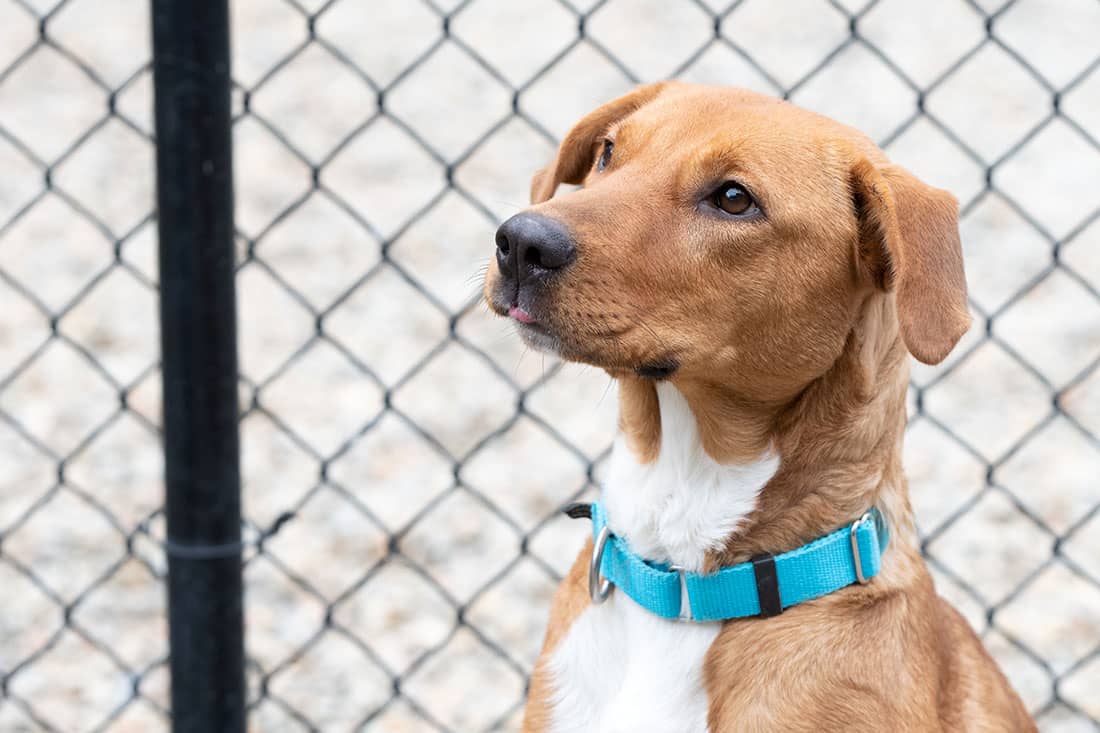Fun Tasks to Enhance Your Dog Training Experience
Fun Tasks to Enhance Your Dog Training Experience
Blog Article
Essential Tips for Effective Dog Training: A Guide for Pet Owners
Effective pet training is a complex procedure that requires a calculated strategy tailored to both the family pet's temperament and the owner's goals. Key elements such as developing constant commands, utilizing positive support, and helping with very early socialization play essential roles in cultivating a well-adjusted canine buddy. Lots of family pet proprietors experience obstacles that can impede development, leading to disappointment and unpredictability. Recognizing just how to navigate these obstacles can significantly enhance the training experience, ultimately transforming the relationship between owner and pet dog. What are the necessary methods that can be employed to guarantee success in this endeavor?
Recognizing Dog Actions
Comprehending dog actions is crucial for reliable training and promoting an unified partnership between canines and their proprietors. Pet dogs connect primarily through body language, vocalizations, and activities, making it crucial for proprietors to analyze these signals precisely. Acknowledging a pet's position, tail placement, and ear positioning can supply understandings into its emotion. A wagging tail does not always indicate joy; it can also indicate enjoyment or anxiousness.

Socializing plays a substantial function in dog actions; direct exposure to different settings, people, and various other pets can substantially influence a dog's character. Furthermore, variables such as breed qualities and private personality need to direct training methods, as some types might have details behavior qualities that necessitate customized strategies. By recognizing these elements, owners can create an encouraging setting that urges favorable habits, causing successful training end results and a much deeper bond with their family pets.
Establishing Constant Commands
Efficient interaction with your dog begins with establishing constant commands. This foundational element of training is essential for cultivating understanding between you and your pet dog. Consistency in the commands you make use of ensures that your dog can accurately connect specific words or phrases with the desired behaviors.
When selecting commands, choose clear, distinct words that are easy to state and distinguish from each other. Stay clear of making use of similar-sounding commands that might confuse your pet dog. As an example, utilizing "rest" and "remain" is proper, yet "rest" and "struck" can result in misconceptions.
Furthermore, keep the same tone and quantity for every command. Canines are delicate to singing hints, so differing your tone can create complication.
It is similarly essential to ensure that all household participants are on the same web page pertaining to the commands made use of. A united front in command usage will certainly stop combined signals and enhance the knowing process.
Favorable Reinforcement Techniques
The power of positive reinforcement in pet dog training depends on its capacity to urge wanted habits via benefits and praise. This technique is based in the concept that habits adhered to by positive end results are much more most likely to be repeated. By incorporating favorable support into your training regimen, you can properly form your pet's behavior in a constructive way.
To implement positive reinforcement, it's vital to recognize what motivates your pet dog, whether it be treats, toys, or verbal appreciation. When your pet performs a preferred action, such as remaining on command, promptly reward them with a reward or love. This organization between the command and the favorable result reinforces their understanding.
It's essential visit this site to timing the benefits appropriately; supplying the reinforcement within secs of the preferred actions helps your dog make the connection (dog training). Furthermore, uniformity is crucial-- guarantee that all relative utilize the very same commands and incentive systems to avoid confusion

Slowly, you can minimize the frequency of deals with as your pet dog finds out the behavior, transitioning to commend or intermittent rewards. This technique not only cultivates a strong bond in between you and your dog but likewise promotes a positive knowing setting, making educating a delightful experience for both.
Socialization and Interaction
Continually revealing your dog to a variety of environments, people, and other pets is crucial for their social growth. Socialization needs to begin early, preferably during the important window of 3 to 14 weeks, when puppies are most receptive to brand-new experiences. However, older pets can additionally benefit from recurring socialization efforts.
Introduce your pet to various settings, such as parks, pet-friendly stores, and urban areas. This exposure assists them adjust to numerous stimulations, minimizing stress and anxiety and worry actions. Urge favorable interactions with various other dogs and people, guaranteeing that these experiences are secure and regulated to promote self-confidence.
Use structured playdates with well-mannered canines, as this can improve your canine's social abilities and show them proper actions. Obedience classes and training sessions likewise provide outstanding chances for socializing, permitting your pet dog to interact with others in a supervised setting.
Monitor your canine's body language during communications, as this will help you assess their comfort degree. Progressively raise exposure to even more challenging scenarios while ensuring that each experience is positive. A well-socialized pet is most likely to display balanced actions, web link making them a delight to have in any kind of setup.
Resolving Usual Training Difficulties
Every pet proprietor will certainly come across training difficulties at some time, despite their pet's age or socializing degree. Identifying typical concerns such as stubbornness, distractions, and fearfulness can help in creating efficient approaches for improvement.

Gradually present disturbances as the pet dog becomes extra proficient in commands. Short, frequent training sessions are also reliable in preserving focus.
Fearfulness can hinder a pet's discovering process. Steady desensitization to the source of fear, coupled with favorable reinforcement, can help minimize stress and anxiety. Perseverance is important; never ever compel a pet dog right into a circumstance that creates distress, as this might aggravate the issue.
Inevitably, understanding and attending to these usual difficulties with a structured method will foster a more effective training experience, strengthening the bond in between pet and proprietor while promoting effective learning.
Final Thought
In recap, effective canine training counts on a detailed understanding of canine actions, the facility of regular commands, and the application of positive support techniques. Socializing plays a crucial duty in developing well-adjusted pet dogs, while resolving usual training difficulties calls for patience and adaptability. By implementing these crucial approaches, pet dog owners can foster a strong bond with their canines and advertise preferable behaviors, eventually bring about a harmonious relationship between human beings and their canine buddies.
Understanding pet dog behavior is vital for efficient training and fostering a harmonious partnership between pooches and their proprietors.Socialization plays a significant function in pet dog habits; direct exposure to different environments, individuals, and other animals can substantially impact a dog's temperament.The power of favorable support in pet dog training lies in its ability to urge preferred behaviors with incentives and praise. By incorporating positive support right into your training regimen, you can effectively form your dog's habits in a positive manner.
In recap, successful dog training depends on a detailed understanding of canine habits, the the original source establishment of constant commands, and the application of favorable reinforcement strategies.
Report this page